Credit cards are among the top payment methods used for forex trading, but did you know that it also has drawbacks that should concern you? Read further to find out more.
Credit cards are one of the most commonly used payment options millions of people worldwide use. Almost every bank issues its credit card, which means getting your hands on one is relatively easy. Also, most merchants and brokers accept credit card transactions, so it is straightforward and convenient to use for traders.
Therefore, it's not unusual to find many forex traders prefer credit cards for online payments and account funding. With its instant processing and secure environment, it's not surprising that credit cards are a top choice among traders.
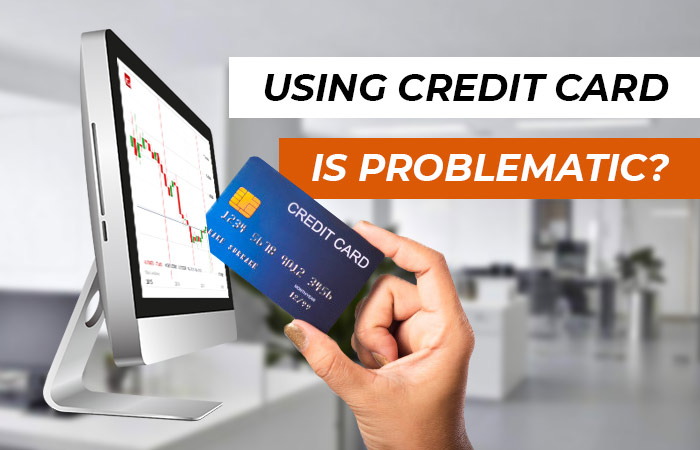
The Drawbacks of Using Credit Cards
Despite being super famous and easy to use, credit cards have disadvantages that you should consider. First, credit cards can cause trouble if you don't pay close attention to your bank balance. Typically, credit cards have a certain spending limit; if you go beyond that, the bank will charge you a higher interest rate. For this reason, it's crucial to always check the terms and conditions along with the taxes attached to the credit card before you use it.
Withdrawals via credit cards tend to take longer due to additional checks by the broker. It may take about several business days on average, but it's different for each country of residence or bank. This is quite slow compared to newer online methods such as Skrill or Neteller.
Another crucial thing is that you have to provide full information about your card to make a transfer. Although the process is easy to do and the data is protected with encryption, this may still concern some people. Many traders know that safeguarding their money and identity on the internet is vital and should never be underestimated. Therefore, make sure to consider this before registering.
Lastly, it would help if you did not forget the biggest credit card risk: debt. By using credit cards, you are putting yourself at risk if you're unable to pay the bills. In addition, the amount can rise significantly if you add the associated fees. It is much better to use broker with low deposits instead.
NFA Ban on Credit Cards
Apart from the drawbacks mentioned above, you should also be aware of the National Futures Association (NFA) regulation that officially took effect on January 13, 2015. The US agency issued a proposal later approved by the Commodity Futures Trading Commission (CFTC) in December 2014.
The proposal talks about the ban on funding the accounts of retail traders of Forex Dealer Members (FDM) and Futures Commission Merchants (FCM) via credit cards and related means. In other words, the NFA demands that all FDMs and FCMs reject all credit cards before accepting funds.
The argument behind the ban on credit cards is that credit cards permit easy access to borrowed funds by their very nature. That being said, when it comes to the highly volatile forex market, the risk of loss will most definitely increase and there's a possibility of getting a big loss in a very short period. Thus, the NFA decided it's best to ban all use of credit cards for depositing funds.
Many people were against this rule initially, saying that this is just another attempt at attacking independent forex brokers in the US, following the changes from the Dodd-Frank legislation a few years back.
But after more than a year's worth of an extensive study of 15,000 retail forex brokers, the experts revealed that most of the accounts that use credit cards as their funding option turned out unprofitable. This result supports the US regulators' concerns that credit cards can be incredibly risky and unprofitable if used as a deposit method.
Remember that the ban applies to not only funding via credit cards but also other linked electronic payment methods that usually draw funds from the customer's credit card. This includes payment though PayPal and Skrill, among many others.
According to the NFA, this decision will limit potential scams and encourage traders only to use their funds. Depositing via traditional bank transfer methods and debit cards is still acceptable to fund an account if you're trading with a US broker. Also, US check payments and fund transfers conducted through an automated clearing house are still viable. Still, some brokers had anticipated a decline in new clients due to this regulation.
It is worth noting that the ban does not apply to withdrawals, so traders can still withdraw by using credit cards and all sorts of electronic payment methods. Instead, pay attention to several other withdrawal limitations, such as the commonplace 125% rule, which means you're not allowed to withdraw more than 125% of the amount you have deposited using your credit card. So if you wish to withdraw a bigger sum, you must cash out the remaining funds using alternative means like wire.
Conclusions
Knowing the popularity of credit cards in forex trading, it' unsurprising that this method is very popular among traders. However, certain drawbacks are often underestimated, such as the risk of debt, slow withdrawal processing time, and identity requirements.
Also, even though credit cards are very common and can be found almost anywhere, using credit cards to fund trading accounts is banned in all US-regulated brokers. By doing so, the US regulators made certain that forex trading is not for those who "take loans" to fund their accounts. For your recommendations, here is a list of brokers allowing deposit and withdrawal via credit cards.

 Dedicated FREE FOREX VPS
Dedicated FREE FOREX VPS Free FOREX Virtual Private Server
Free FOREX Virtual Private Server MT4 Demo Contest, Get $500
MT4 Demo Contest, Get $500 Sign Up for an Account, Claim 60% Deposit Bonus
Sign Up for an Account, Claim 60% Deposit Bonus Free MT4/MT5 VPS 2024
Free MT4/MT5 VPS 2024 Send E-mail and Get Free Merchandise
Send E-mail and Get Free Merchandise $1K Refer a Friend Bonus for Pepperstone Pro clients
$1K Refer a Friend Bonus for Pepperstone Pro clients Maximize Your Earnings with 100% Deposit bonus
Maximize Your Earnings with 100% Deposit bonus Trade to Win, $5,000 Monthly Demo Contest
Trade to Win, $5,000 Monthly Demo Contest Claim 30% + 15% Deposit Bonus from LiteFinance
Claim 30% + 15% Deposit Bonus from LiteFinance





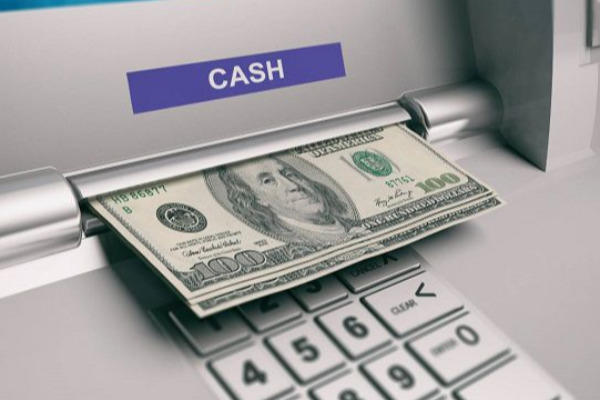







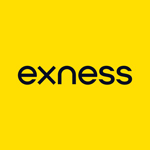



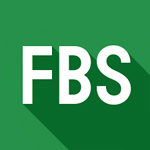
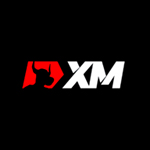



2 Comments
Clint Barton
Jun 20 2022
It is my firm belief that credit cards should not be used in foreign exchange trading. This is due to the fact that when traders make payments using credit cards, the potential for financial loss for those traders can increase when the price of the investment market falls.
Because traders must not only suffer the burden of enduring investing losses, but also bear the burden of bearing debts from credit cards that they use.
In addition, those who use credit cards have a propensity to use credit cards without giving much thought to the decision because they are able to pay their bills on a consistent basis.
Maria Hill
Jun 20 2022
Your viewpoint that the National Futures Association (NFA) ought to endorse the usage of credit cards as a method of payment in trading is one with which I strongly disagree.
Because traders may readily invest using credit cards, despite the fact that the amount of debt they carry is continually growing. However, if they are successful in trading, they will have assets that they can put toward paying off their credit card debt.
However, consumers who use credit cards need to exercise extreme caution when ing assets so that they do not incur losses and may instead consistently profit from their holdings.